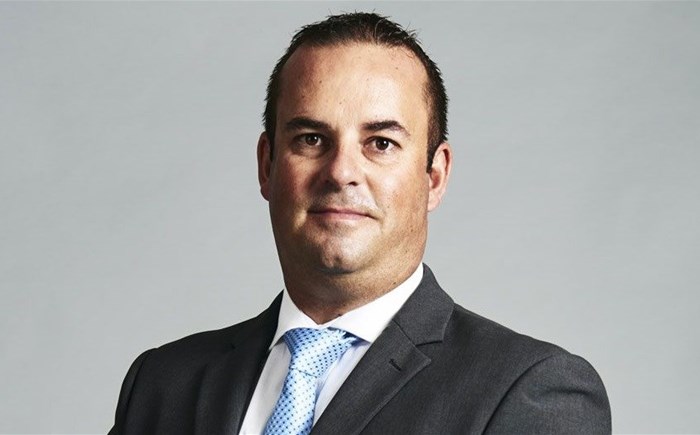
Subscribe & Follow
#AfricaMonth
In the news
Practices for financial services sector to protect itself against DDoS attacks

You could say that South Africa’s financial services sector remains by and large a feel-good story says Bryan Hamman, territory manager for sub-Saharan Africa at Netscout Arbor, which specialises in advanced distributed denial of service (DDoS) protection solutions.
“However, there is no room for complacency in today’s world of growing cybercrime reports. We only have to look at data from the United States to see that in 2017, it saw a 48% increase in general cybersecurity incidents recorded, with 8.5% of these involving the financial services sector, and impacting on organisations such as banks and other organisations offering credit.
“Financial services firms in the US were reportedly hit by cyber attacks 300 times more often than businesses in other sectors. It is clear therefore that the South African financial services sector needs to be on its guard too. It is well-known that the scale and sophistication of DDoS attacks is on the rise, with the aim of taking websites offline by overwhelming the infrastructure with massive traffic flows. Financial institutions must have the appropriate security measures in place to mitigate these attacks, which threaten loss of revenue and damage to a company’s reputation and brand.”
Practices to protect against DDoS attacks
To assist firms with their DDoS defences, Hamman says that Netscout Arbor proposes three key practices:
Focus on business risk: The arrival of the General Data Protection Regulation (GDPR) in the European Union, and the pending implementation of the Protection of Personal Information Act (POPIA) in South Africa, reminds us that IT security has legal requirements for organisations to be able to prove that they are doing enough to protect their data.
Defend against the most sophisticated threats: DDoS protection is required against both volumetric and application layer attacks. By deploying your own layered defences, traffic can be constantly monitored and threats detected in as little as one second (and blocked inside 41) – all without interrupting normal network services.
Explains Hamman, “DDoS threat capabilities have become more complex, frequently using multi-vector tactics that strike your organisation in different ways. Cyber attackers are banking on the fact that if they use a combination of attack methodologies, this will increase their chances of breaching the targeted organisation’s defences. Therefore, in turn, companies must layer their defences against all types of attack vector.”
Be prepared: NETSCOUT Arbor offers a risk methodology called FAIR (Factor Analysis of Information Risk), which outlines steps that allow your business to take a quantitative, financial approach to analysing the risks of DDoS attacks.
“While no company can expect to be 100% secure all of the time,” says Hamman, “an organisation must focus attention on a response plan that offers different defensive options to different cyberattack scenarios. Using the FAIR processes can help a business to assess its own risk of a modern-day DDoS attack.
“Trust is an intrinsic part of any business, but arguably never more so than when clients’ money and financial assets and protective measures are the crux of the business. Reputation is especially critical to brand health in the financial services sector. The financial services sector is well advised to look beyond compliance and focus on maintaining service availability,” concludes Hamman.
Related
TikTok, Meta fined hundreds of millions by EU regulators for data privacy breaches 13 May 2025 South Africa's digital future hindered by rising cyber threats 19 Mar 2025 Public release of the NRSO: Educators to get first look 27 Feb 2025 Navigating global regulations to enhance BPO data governance 19 Feb 2025 2024 Matric results to be withheld from newspapers, says Information Regulator 14 Nov 2024 Surfshark’s Naked People campaign calls out top social media companies for privacy invasions 2 Oct 2024










